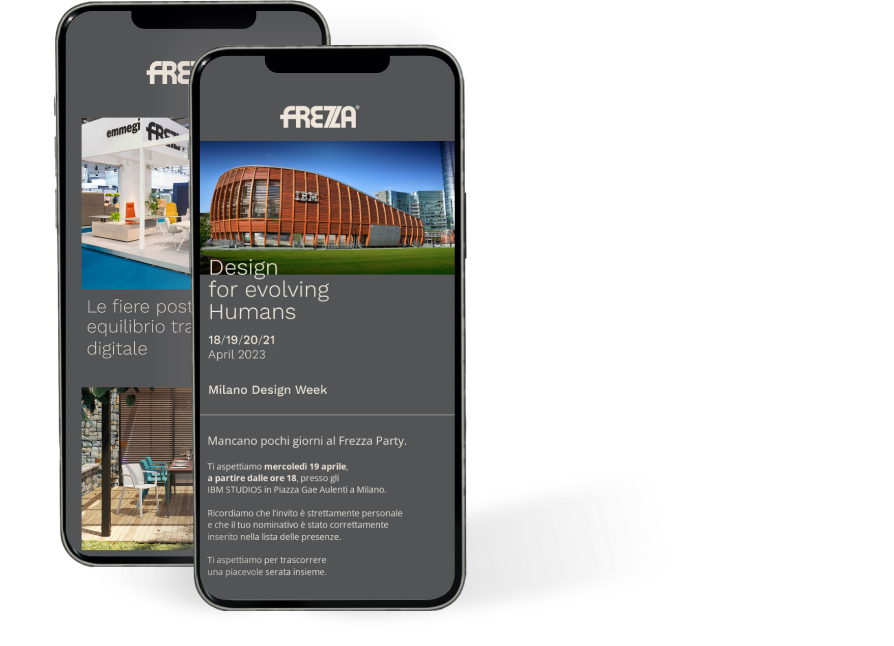“Experience is the only teacher in whom we can trust.” Leonardo Da Vinci
The concept of experience in education has deep roots. One only has to think of how children achieve their first knowledge through discovery, practice and action. This approach, although usually associated with childhood and school, can also have relevance in the world of work.
Experiential Learning (Experiential Education) is the process of acquiring and applying knowledge in a real work environment. Experiential learning programmes emphasise practical approaches to refine skills and competences.
In most cases this model of integrative education, whether cognitive, emotional or sensory, is available to younger people on their first work experience, or to those who have decided to make a complete career change.
Apprenticeships, internships, scholarships and job shadowing are all activities that allow a gradual introduction to the working context, assisted by constant training by the tutor.
However Experiential Learning should not be exclusive to new employees but should be implemented on a daily basis, also through mutual help among colleagues, as it allows to develop problem solving skills, creative abilities and acquire constructive self-awareness behaviours through self-observation.
We have written a dedicated article on this subject, available at the following link.
The 5 benefits of experiential learning in the office
Implementing Experiential Learning in the workplace can become a competitive advantage for your company. What are the main benefits?
- Information retention is higher when acquired through practice, compared to that acquired through theory alone (68% vs. 29% after 2 weeks, according to Edgepoint Learning).
- A greater spirit of adaptation to new work situations and new tasks is developed.
- The employer and/or manager can evaluate directly the skills of different individuals and their improvement over time.
- Vice versa, workers can receive real-time feedback on their work, implementing their knowledge thanks to the experience of senior
- The risk of having underprepared staff is reduced: more people will be sufficiently prepared to carry out most of the required tasks in case of illness or peak workload.
Our advice? Always implement experiential learning, even for a few hours per week or for specific work groups: everyone can benefit!

